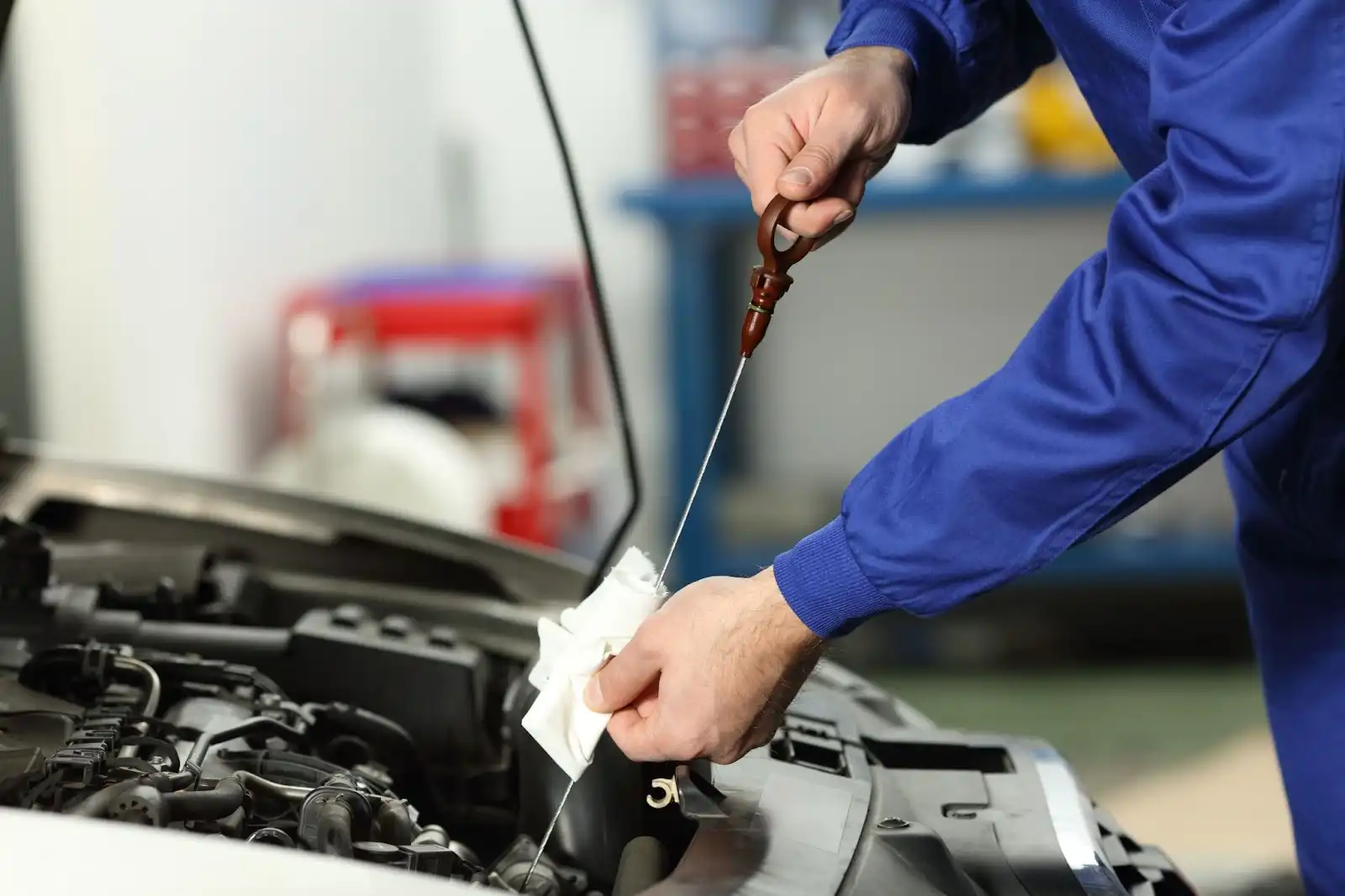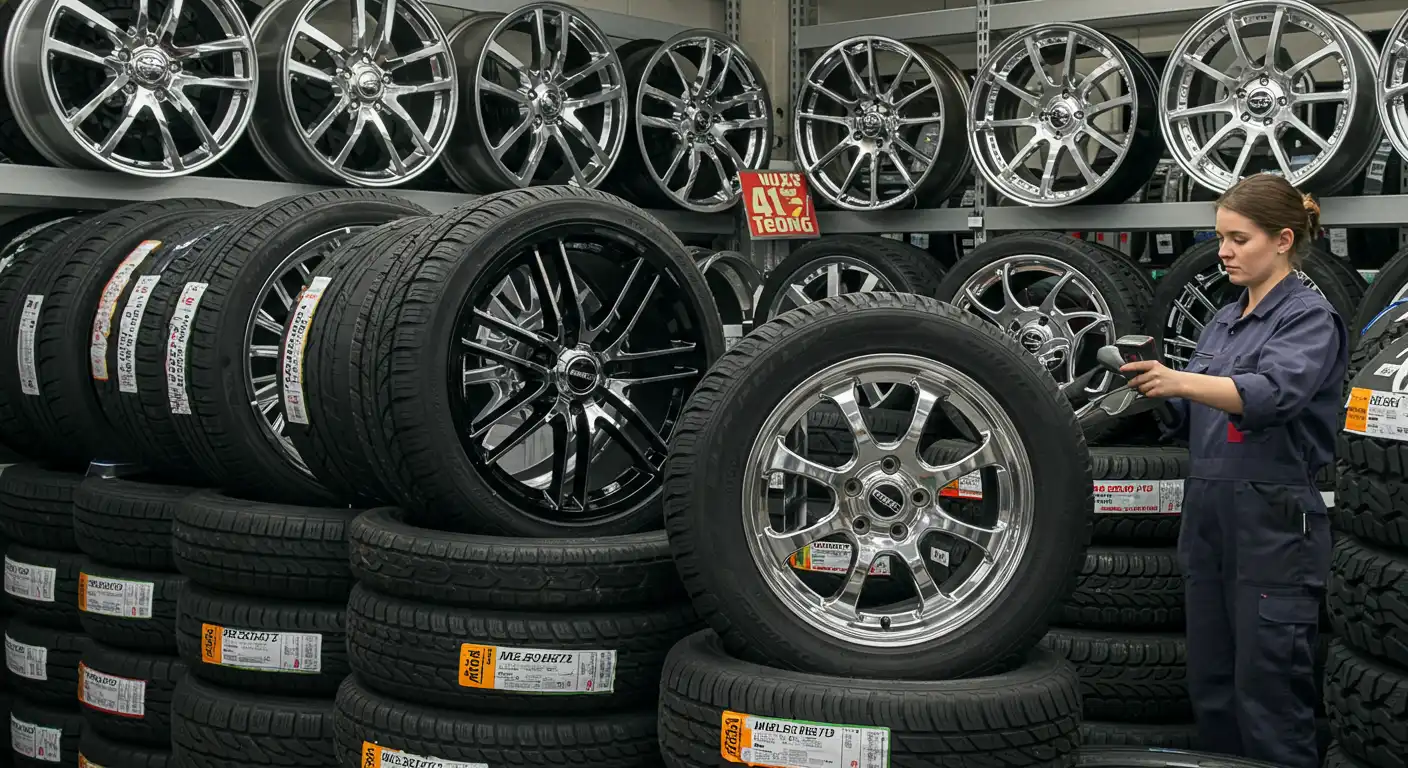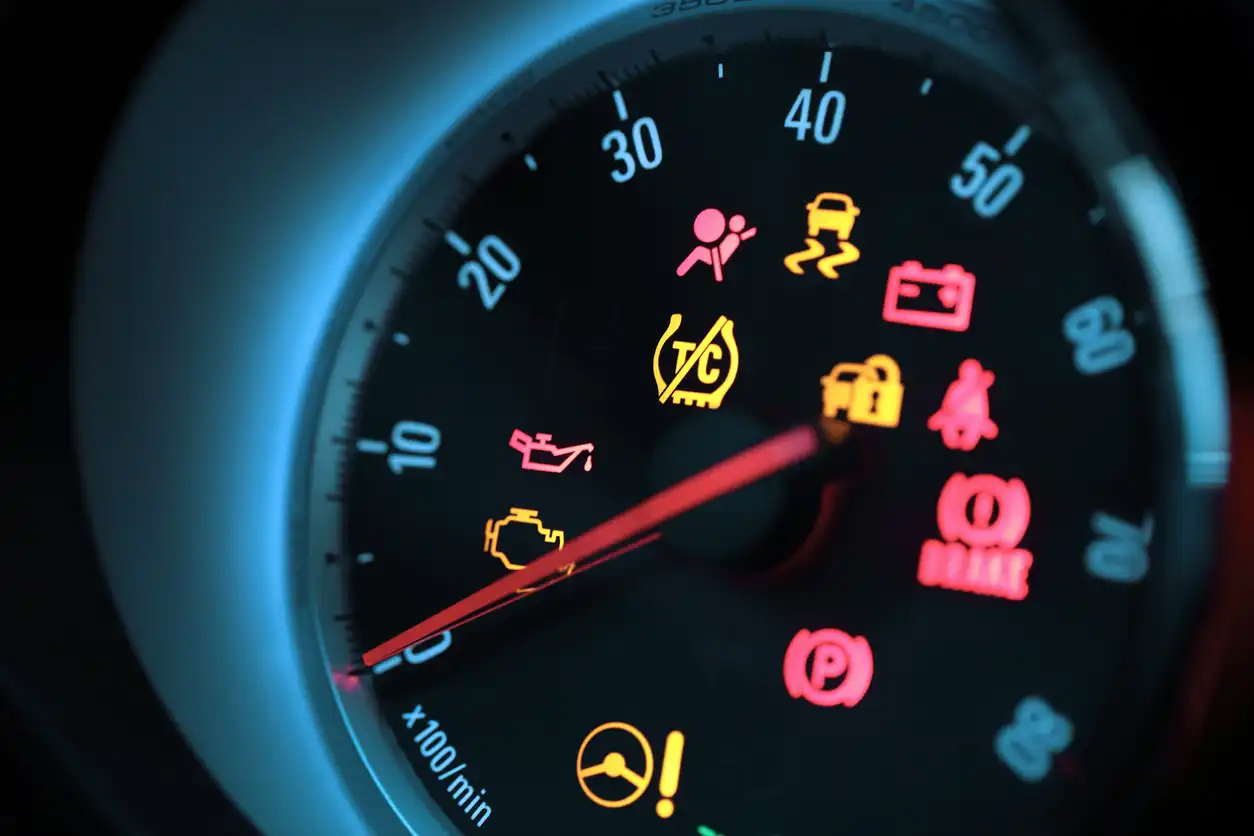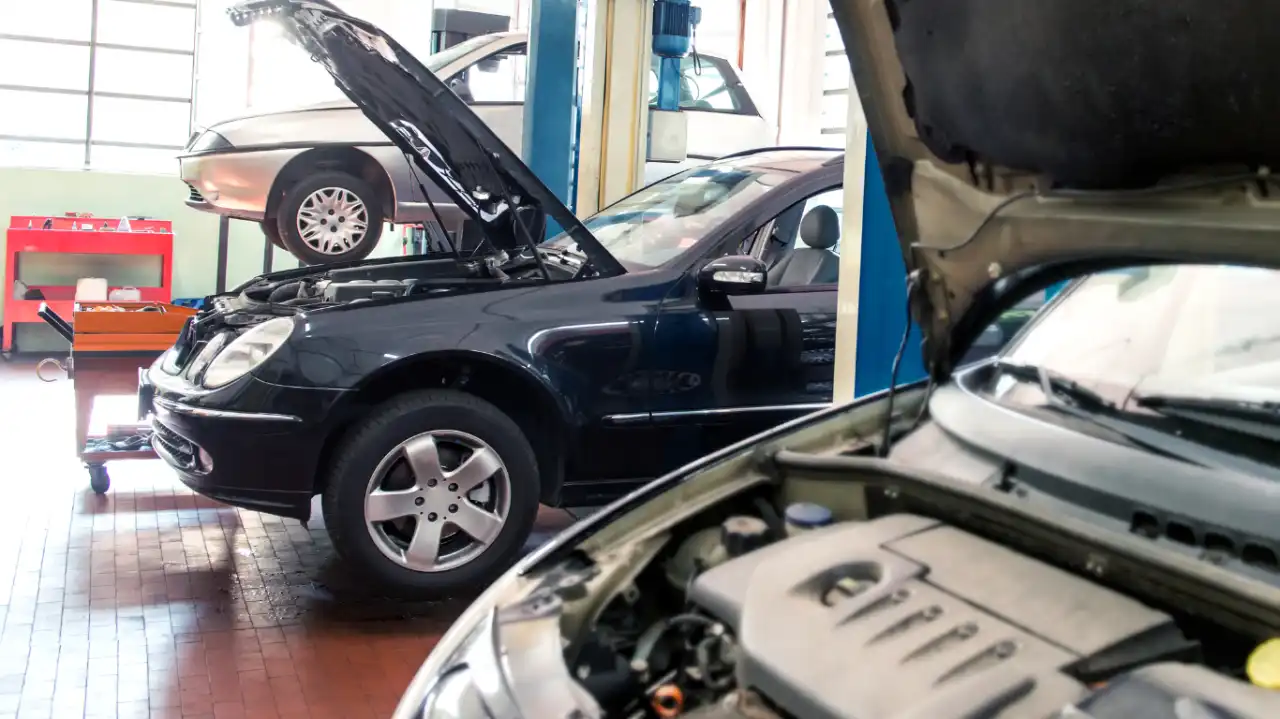Owning a car comes with the responsibility of keeping it in good working condition. While regular repairs are sometimes unavoidable, there are many proactive steps car owners can take to prevent common auto repairs, saving both time and money. By staying on top of routine maintenance and being aware of potential issues before they become serious, you can extend the life of your vehicle and avoid costly fixes down the road.
In this blog, we’ll explore practical tips and easy-to-follow advice for car owners to prevent common auto repairs and ensure their vehicles stay in top shape.
1. Regularly Check and Change Your Oil
One of the most important maintenance tasks for any vehicle is regularly checking and changing the oil. Oil is essential for lubricating your engine and preventing it from overheating. Neglecting to change your oil on time can lead to serious engine damage, which can be expensive to repair.
Proactive Tip:
-
Check your oil level monthly and look for signs of contamination (such as a dark, sludgy color).
-
Follow the manufacturer’s guidelines for oil change intervals, typically every 3,000 to 7,000 miles depending on the type of oil and your driving habits.
By keeping your engine properly lubricated, you can avoid many engine-related issues that could require costly repairs.
2. Keep Your Tires in Check
Tire maintenance is crucial not only for your car’s performance but also for your safety on the road. Under-inflated or over-inflated tires can cause premature wear, reduce fuel efficiency, and lead to blowouts or accidents. Regularly checking your tires can help you avoid these problems.
Proactive Tip:
-
Check tire pressure monthly and inflate tires to the recommended pressure (usually found on the driver’s side doorframe or owner’s manual).
-
Inspect tires for signs of damage, such as cuts, bulges, or excessive tread wear. Rotate your tires every 6,000 to 8,000 miles to ensure even wear.
Proper tire maintenance will not only improve fuel efficiency but also enhance your vehicle’s handling and reduce the likelihood of costly tire repairs or replacements.
3. Replace Your Air Filters Regularly
Air filters prevent dirt and debris from entering your engine, helping your car run smoothly and efficiently. Over time, air filters can become clogged, reducing airflow to the engine and potentially leading to poor performance and lower fuel efficiency.
Proactive Tip:
-
Replace your engine air filter every 12,000 to 15,000 miles, or more often if you drive in dusty or harsh conditions.
-
Keep an eye on your cabin air filter, especially if you notice reduced airflow through the vents or unpleasant odors inside the car. Change it at least once a year.
By ensuring that your air filters are clean and functioning properly, you’ll improve engine performance, boost fuel efficiency, and avoid engine problems that can result from poor air circulation.
4. Maintain Your Brakes for Safety and Longevity
Brakes are one of the most critical components of your vehicle, and neglected brake systems can lead to dangerous driving conditions. Worn brake pads or brake fluid can compromise your ability to stop effectively, leading to costly repairs and safety risks.
Proactive Tip:
-
Check your brake pads every 20,000 miles or sooner if you hear squealing or grinding noises.
-
Ensure that brake fluid levels are topped off and replace fluid according to your car’s maintenance schedule (usually every 2 years).
-
Have your brake system inspected annually for any signs of wear or damage.
By taking good care of your brakes, you’ll not only ensure safe driving but also avoid the high costs of brake repairs and replacements.
5. Monitor Your Battery and Electrical System
Your car’s battery is vital to starting the engine and powering electrical systems. A weak or dead battery can leave you stranded, and electrical issues can lead to a range of car problems, including faulty lights or malfunctioning air conditioning.
Proactive Tip:
-
Check the battery terminals regularly for corrosion and clean them if necessary.
-
Test your battery every 12 months to make sure it holds a charge. Replace your battery every 3 to 5 years, or sooner if it shows signs of weakening (such as dimming lights or difficulty starting).
-
Keep an eye on your alternator and charging system, especially if your car’s electrical systems are not working properly.
By maintaining your battery and electrical system, you can avoid unexpected breakdowns and the need for expensive electrical repairs.
6. Pay Attention to Fluid Levels and Leaks
Your vehicle relies on various fluids—such as coolant, transmission fluid, power steering fluid, and brake fluid—to operate smoothly. Low fluid levels or leaks can cause serious damage to the engine or other critical systems.
Proactive Tip:
-
Check your car’s fluid levels regularly, including engine oil, coolant, transmission fluid, and brake fluid.
-
Look for any signs of fluid leaks under your car. If you notice any, have it inspected immediately, as leaks can cause severe damage if left unaddressed.
By staying on top of fluid levels and addressing leaks early, you can prevent overheating, transmission problems, and other engine-related issues that could lead to costly repairs.
7. Stay on Top of Timing Belt and Serpentine Belt Maintenance
The timing belt and serpentine belt are crucial components that drive many of your vehicle’s essential systems, including the alternator, power steering pump, and air conditioning compressor. A broken belt can lead to engine failure or other system malfunctions.
Proactive Tip:
-
Replace the timing belt every 60,000 to 100,000 miles (depending on your vehicle’s make and model).
-
Inspect the serpentine belt for wear, cracking, or fraying, and replace it if necessary.
By staying proactive with belt maintenance, you can avoid sudden breakdowns and save on costly engine repairs.
8. Keep Your Car’s Exhaust System Clean
A clogged or damaged exhaust system can reduce fuel efficiency, decrease engine performance, and even lead to dangerous fumes entering your cabin. Regular maintenance of your exhaust system helps to prevent these issues.
Proactive Tip:
-
Inspect your exhaust system for visible damage or leaks.
-
If you notice any unusual smells or changes in your car’s performance, have the exhaust system checked and cleaned.
A well-maintained exhaust system will help your car run more efficiently and reduce the risk of expensive repairs.
Conclusion: Preventative Maintenance is Key to Avoiding Costly Repairs
Taking proactive care of your car by following a routine maintenance schedule can significantly extend its lifespan, improve performance, and save you from costly repairs. By staying on top of oil changes, brake inspections, tire maintenance, and other essential services, you can keep your car running smoothly and avoid the headaches and expenses that come with unexpected breakdowns.
Remember, a little preventative care goes a long way in maintaining the health of your vehicle.





